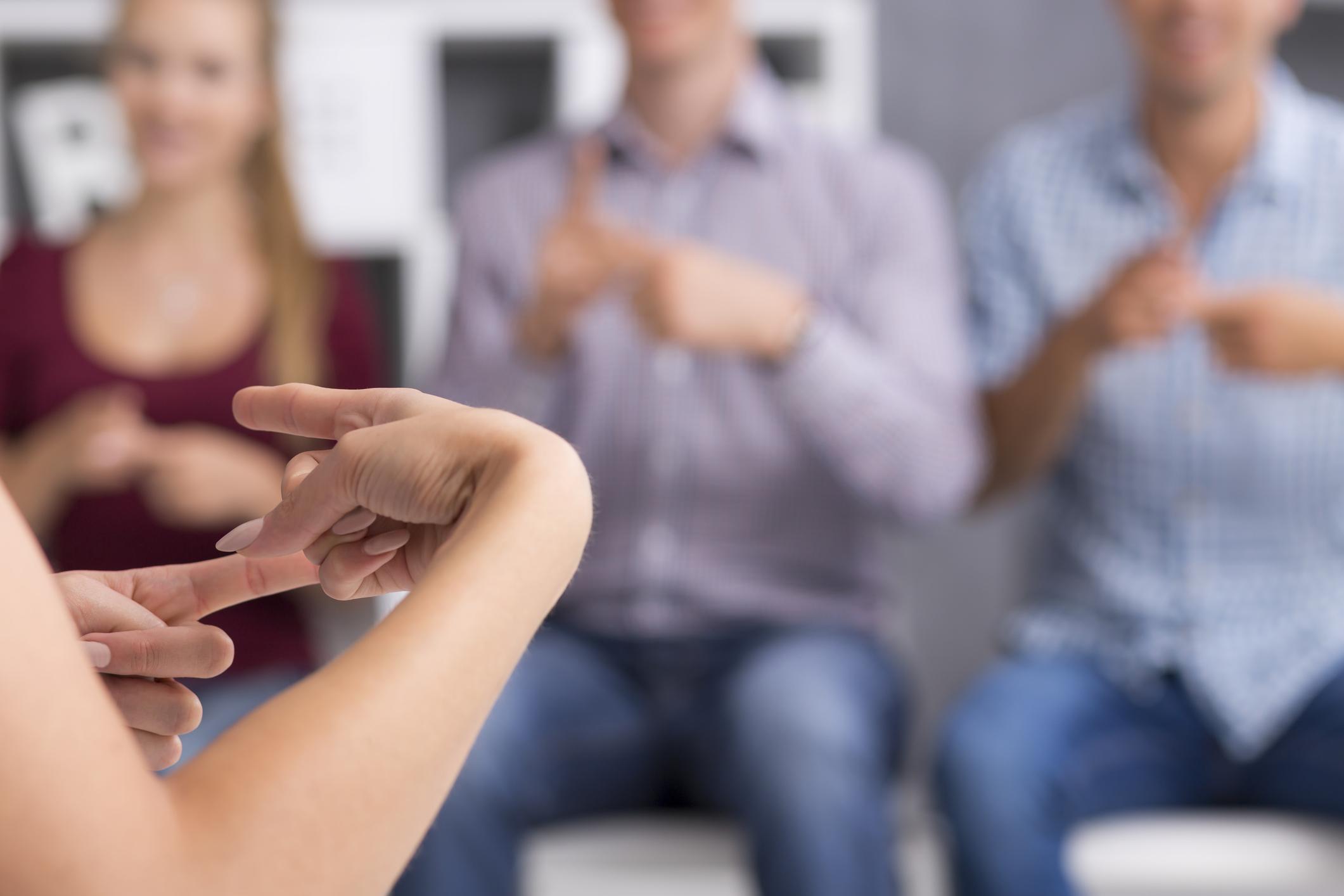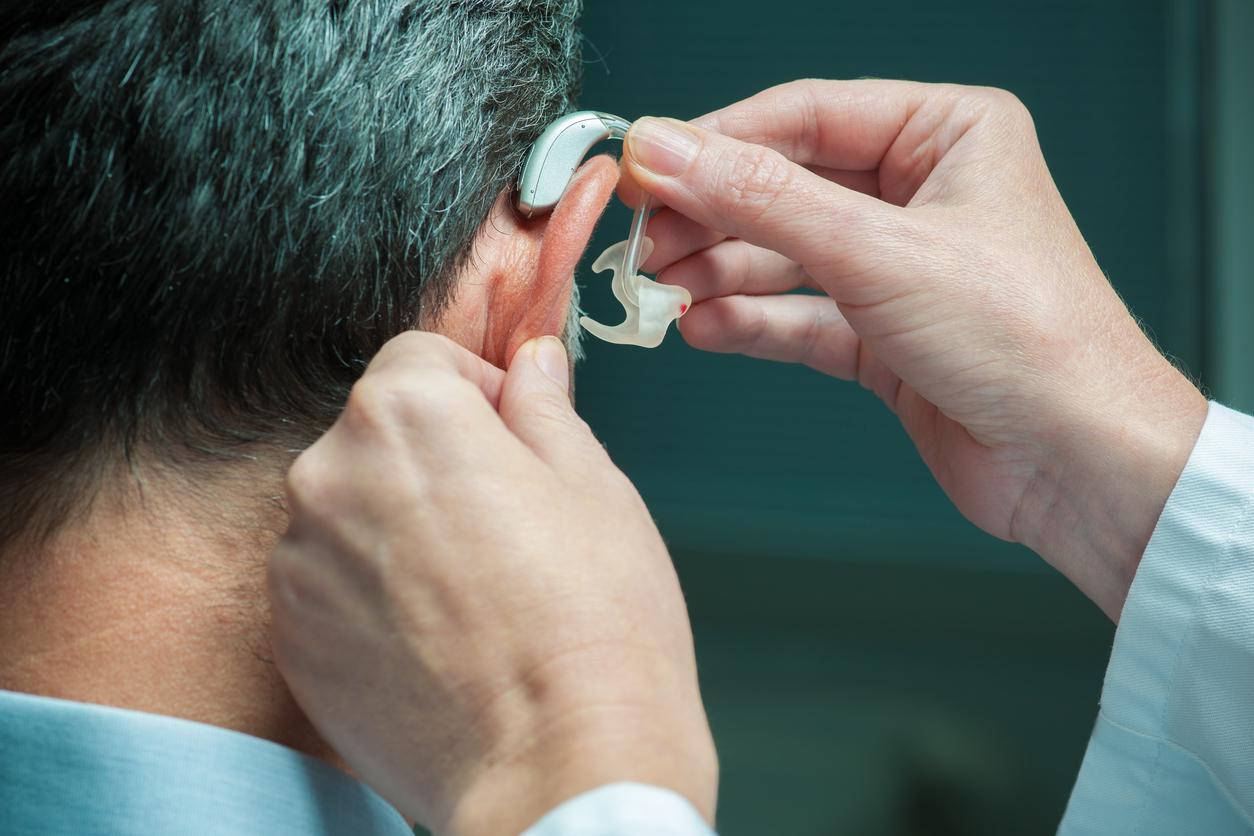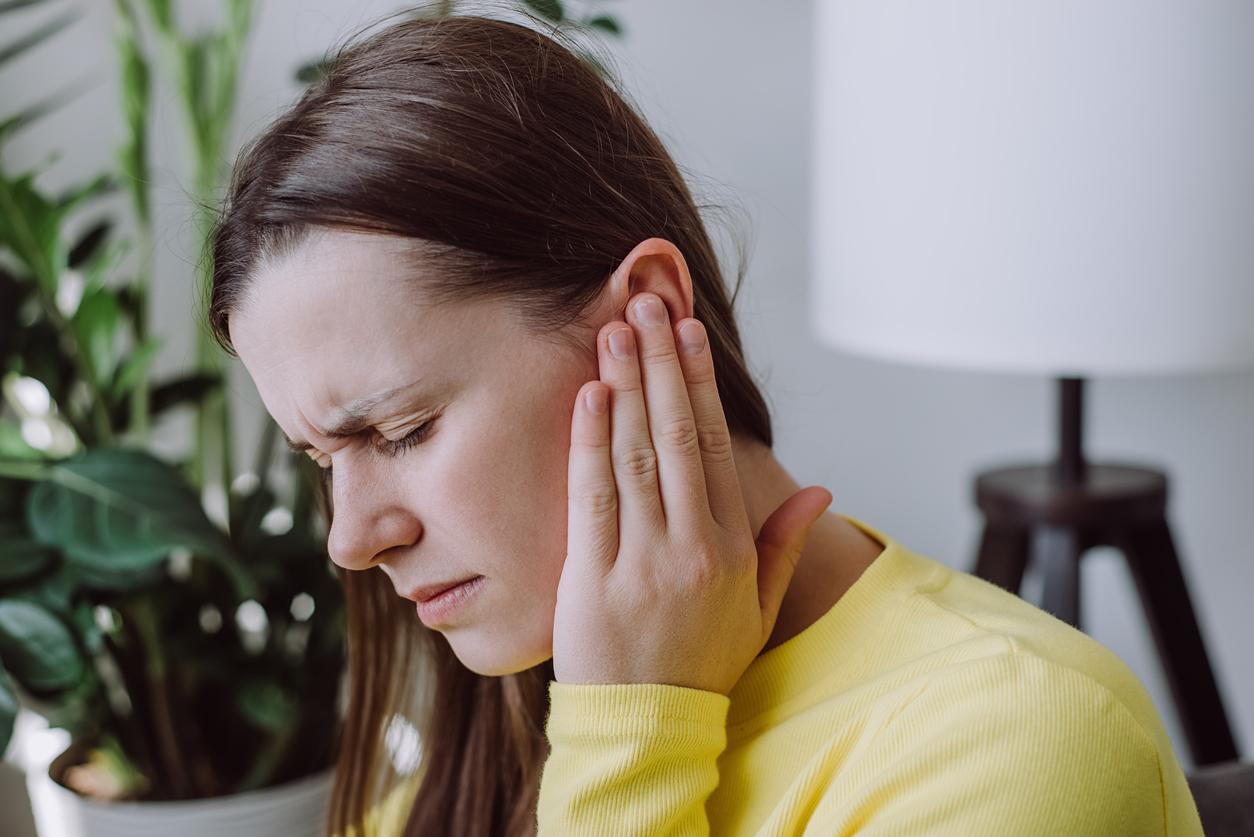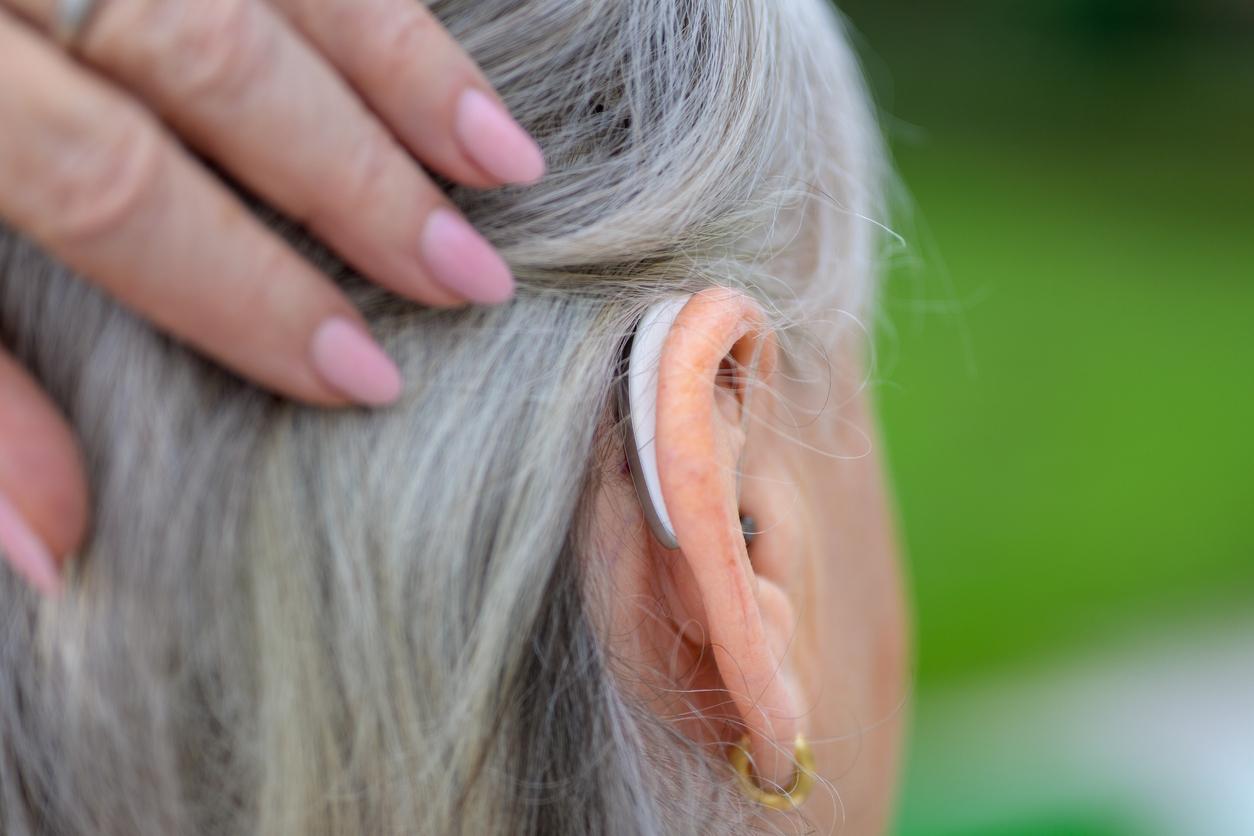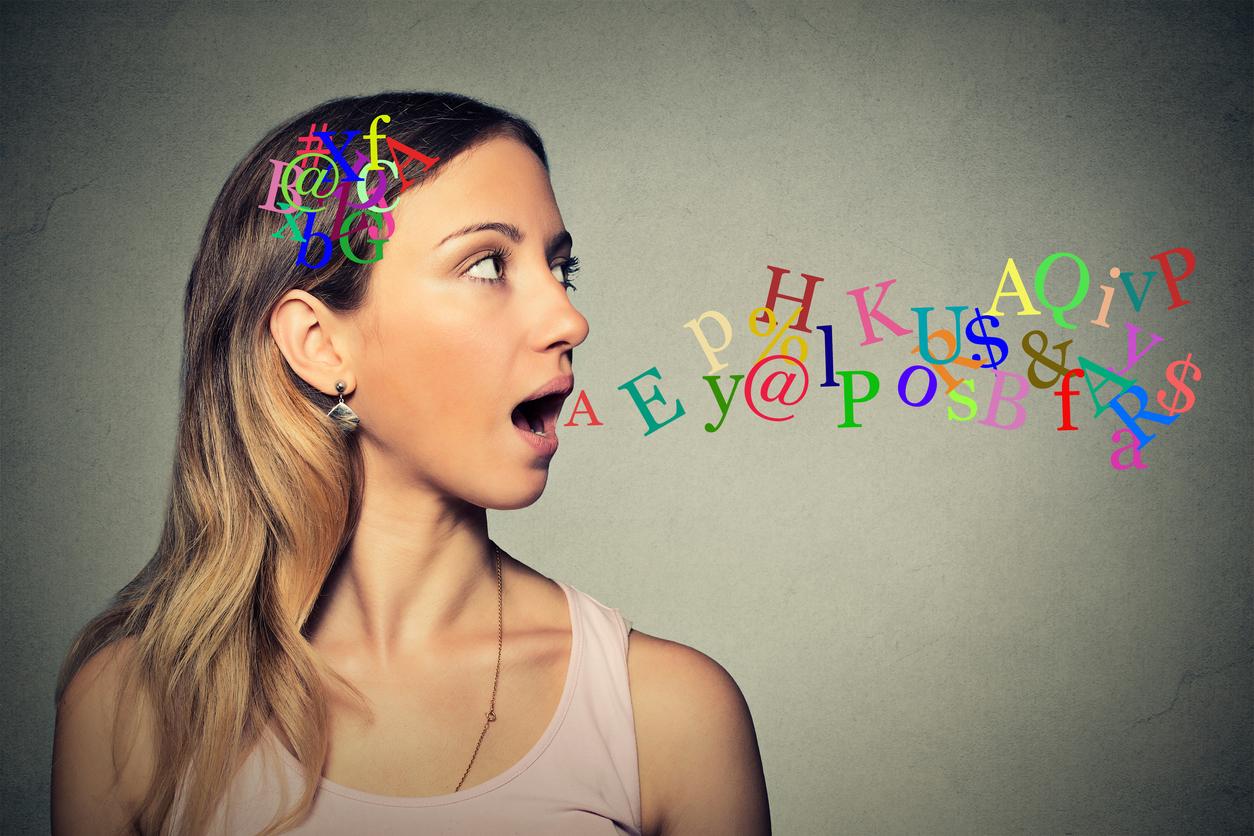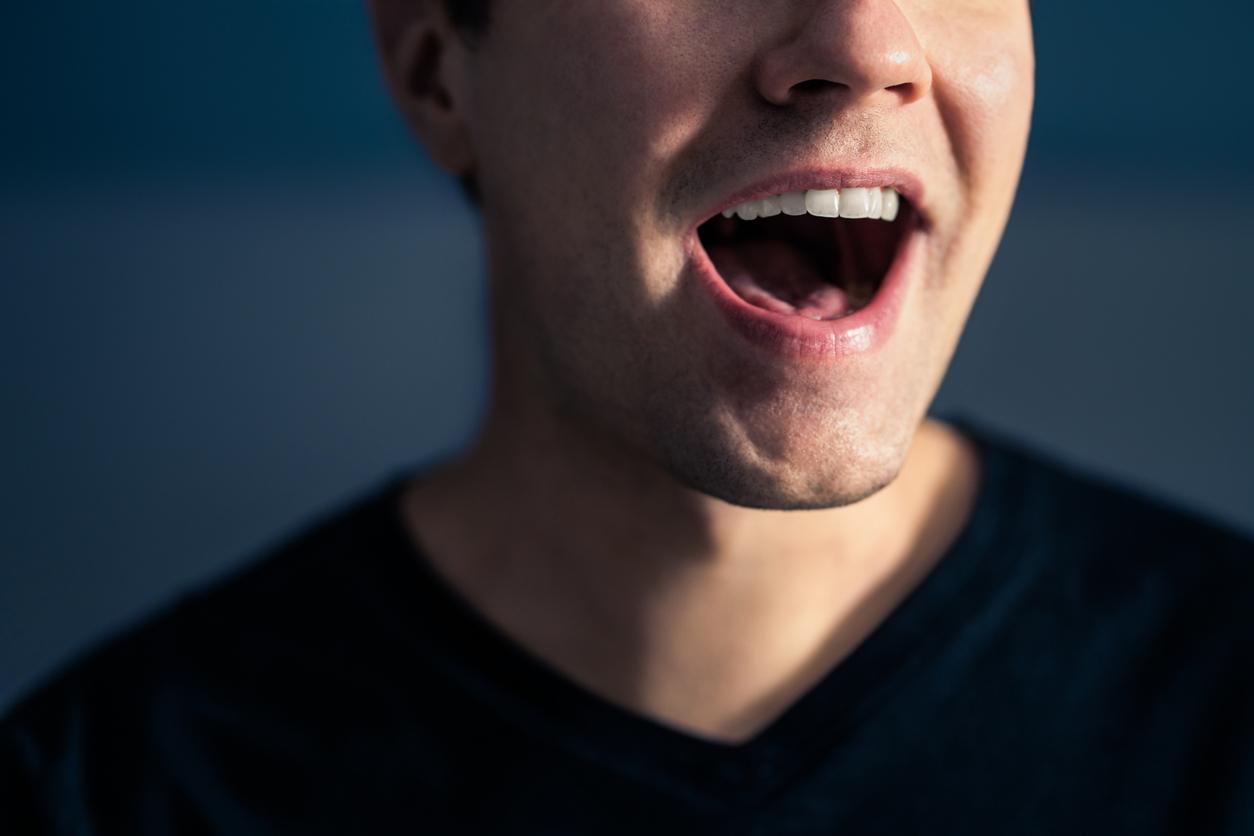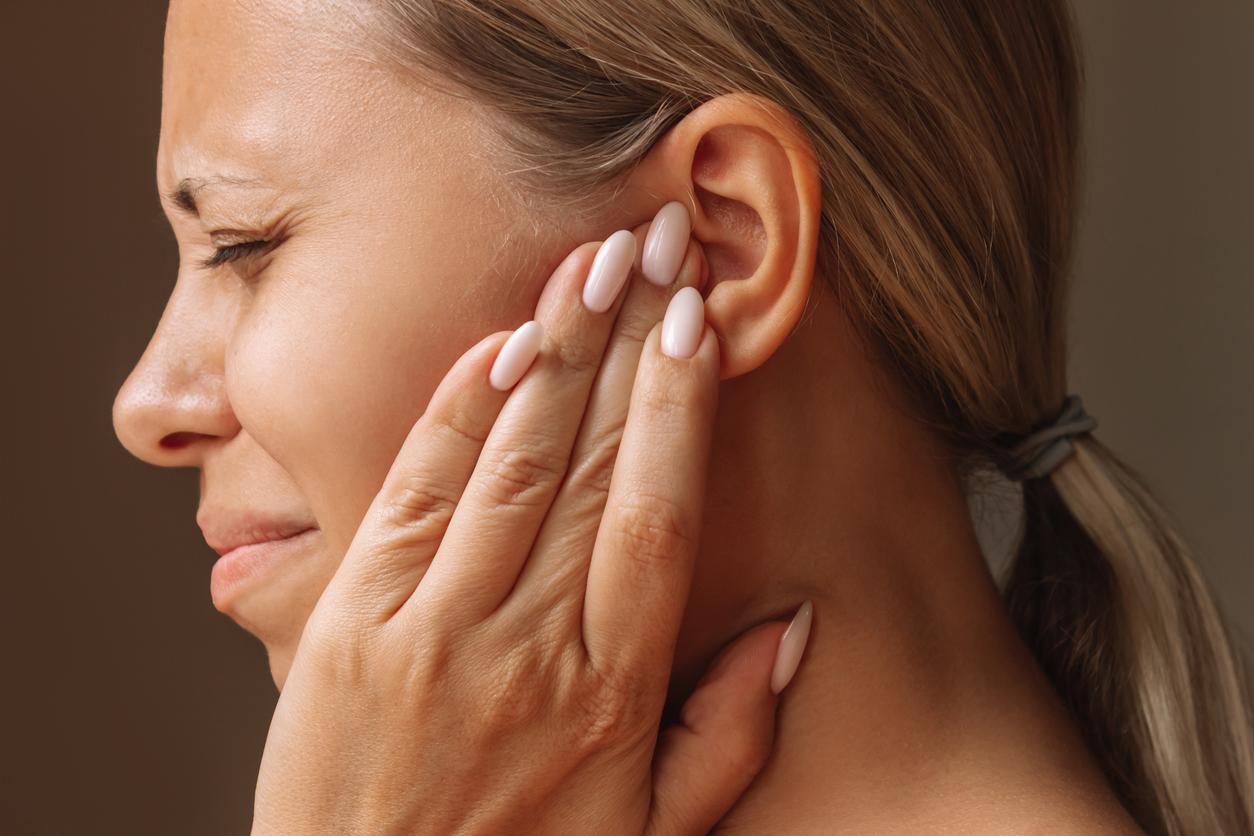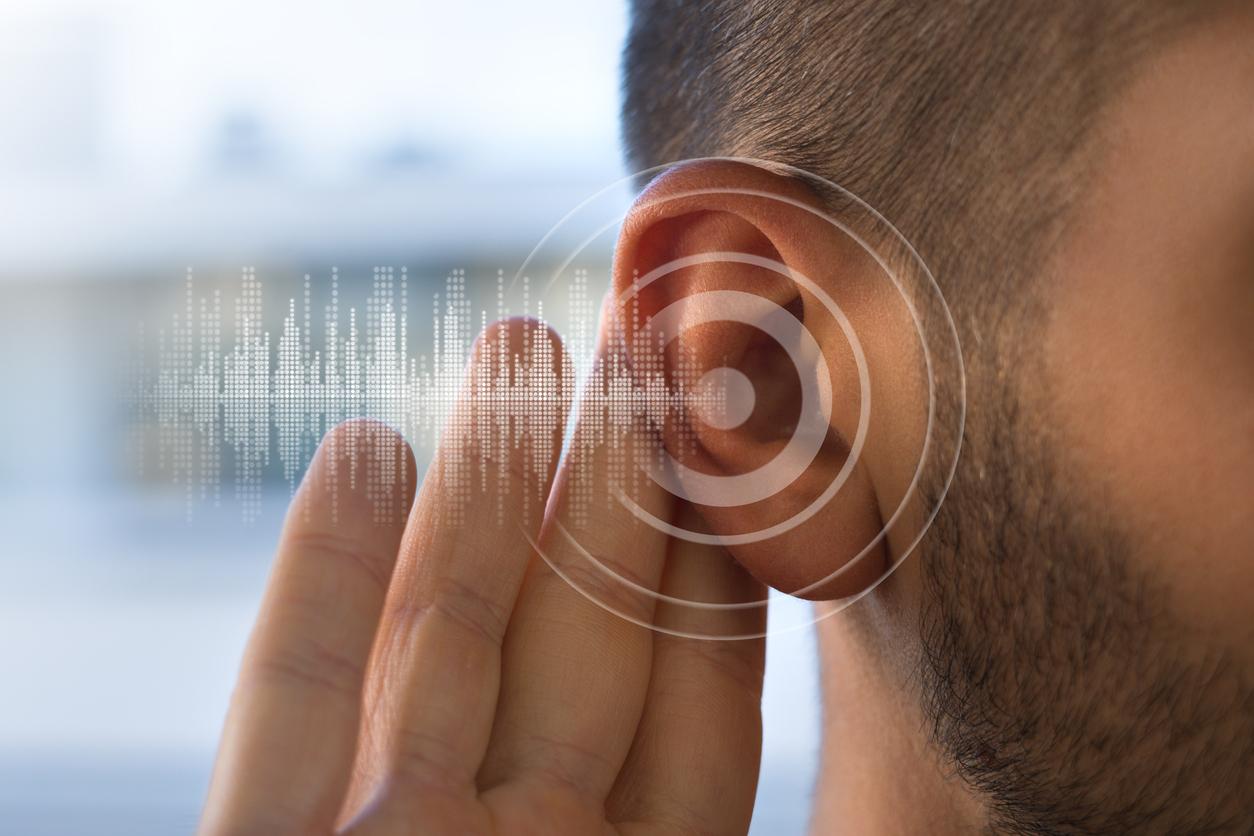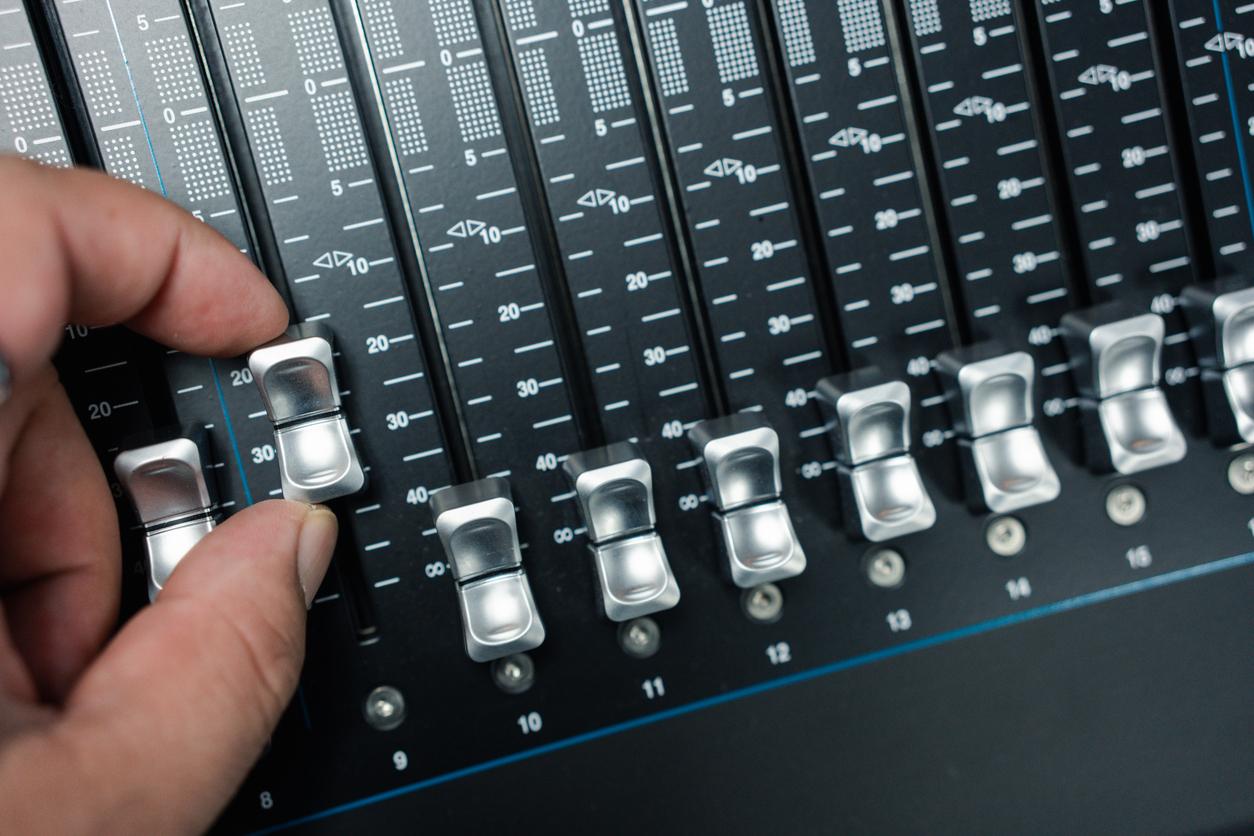Concerts, going to the bar, listening to music through headphones… Young people are exposed to too much sound, too loud. The result: more than a billion are at risk of suffering from hearing loss.

43 million young people live with a hearing impairment. Almost three times as likely to find themselves in the same situation. In anticipation of International Hearing Day, next March 3, the World Health Organization (WHO) is warning adolescents and young adults about the importance of preserving their ears.
The watchword this year: “Listen without risk. And a striking image: an egg cracked by a sound that is too loud.
According to WHO estimates, more than a billion young adults and adolescents are at risk of impaired hearing. The causes are multiple: prolonged listening to music with earphones or headphones, exposure to excessively high sound levels in nightclubs, or prolonged sound exposure in bars and at concerts… And the consequences are irreversible. “Once you lose your hearing, it doesn’t come back,” says Dr Etienne Krug, Director of the Department of Noncommunicable Disease Management, Disability, and Violence and Injury Prevention at WHO. “Simple preventive actions allow you to continue to enjoy yourself without endangering your hearing. “
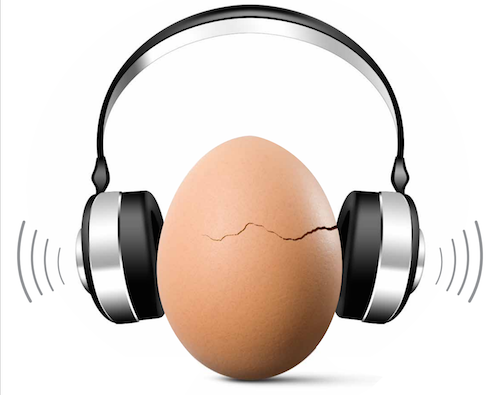
Smartphone applications
In high and middle income countries, half of young people (12-35 years old) are exposed to dangerous noise levels. WHO defines them as exposure to 85 decibels for 8 hours, or 100 decibels for 15 minutes. To avoid crossing the critical threshold, the UN Health Agency recalls that smartphone applications make it possible to be aware of the noise level around you …
On google play like the Apple Store, there’s no shortage of free apps.
Young adults are not the only people exposed to excessively high sound levels. In the workplace, the volume should not exceed 85 decibels for eight hours, estimates the WHO. A recommendation that is difficult to apply for many employees, such as those working in catering or events. In these situations, the Agency recommends taking “sound breaks” but also wearing earplugs. Regular check-ups with an ENT doctor are also important, especially with tinnitus.
.










